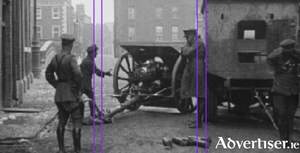Search Results for 'Delia'
7 results found.
A mother’s gift: Sharing her liver to save her son’s life
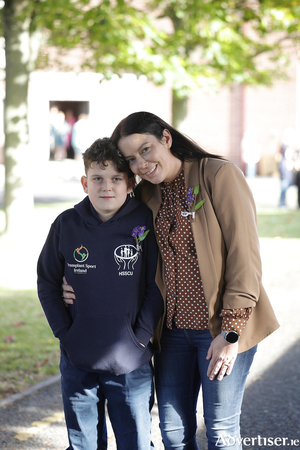
During Organ Donor Awareness Week (10-17 May), one Galway family is sharing their remarkable journey to highlight the life-changing impact of organ donation. Denise Fahy Rabbitte donated a portion of her liver to her son Iarla in 2022 (when he was five years old) which saved his live.
Cunningham’s butcher shop
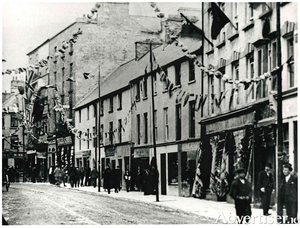
This superb image of Martin Cunningham’s butcher shop at Number 10, Shop Street was taken c.1900. In the 1901 census, the occupants of this building are listed as Martin Cunningham, aged 50; his wife Delia aged 30 and their children Michael aged 12, Mary Margaret 7, James 3, Delia 2 and Martin J. who had just been born. The family lived over the shop.
‘That Mr James Joyce is a man of genius’
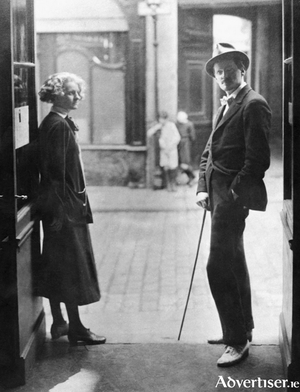
Returning to Paris after an unsuccessful and troublesome visit to Galway in April 1922, Nora and her two children, Georgio (17) and Lucia (15) became aware that fame had come to the Joyces. Three months after its publication, Ulysses was recognised as a work of genius.
Christmas joy for Claddagh twins who are off to Lapland today
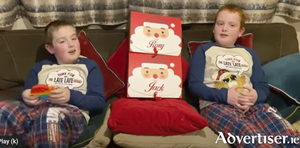
Two lucky 9-year-old twin brothers from Claddagh, Galway City, are set to jet off to Lapland from Shannon Airport today (Thursday) having won a special competition organised by the airport to celebrate their Lapland flight.
Ulysses - and gun fire in Galway
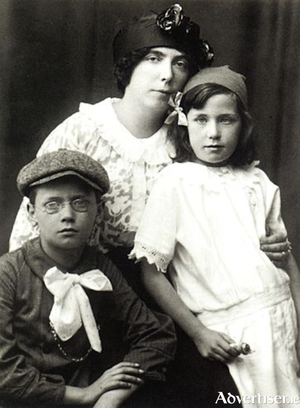
Nora’s last visit to Galway in April 1922 did not go well. Galway, as well as the country, was caught up in a deadly Civil War. The anti -Treaty forces had occupied the Connaught Rangers’ Barracks, Renmore, while the pro- Treaty forces occupied the Great Southern Hotel. The Galway to Dublin train was regularly fired upon from the barracks. There were sporadic gun fights around the Custom House, and the Masonic hall, as both sides struggled for possession. It was a dangerous time and people were fearful.
Mary Anne Kelehan’s of Bushypark
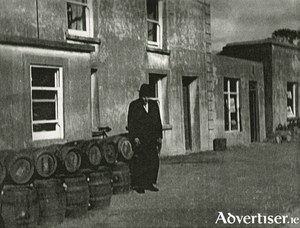
The first time we see a pub in Bushypark recorded is in the 1902 Census which tells us that it was occupied by Mary Kelehan, a 45-year-old widow who is described as a publican. Also living there were her son Peter aged 26, as well as daughters Delia, 20, and Cissie, 18. All were described as publicans. There may well have been a pub there before that. It was a focal point for a large number of the local community and was the only place on the road where people could pull in for refreshments. On a Friday or Saturday evening it was common to see a line of horses and carts outside as people stopped on their way home after selling their turf or their produce at the market. The road was jammed early every Saturday morning with country folk driving their horses and carts to market.
